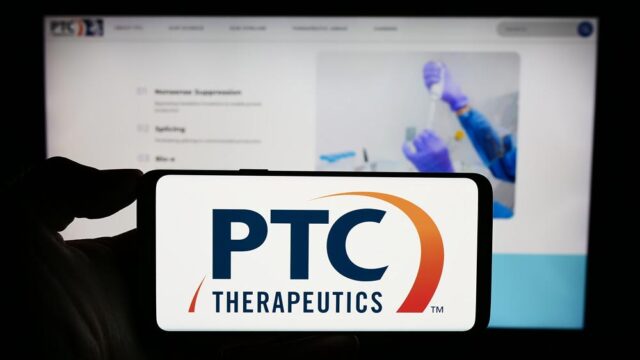Advertisment
SGLT2 treatment improves outcomes in patients without diabetes

Researchers from a new meta-analysis of data report that, in addition to its known benefits, sodium glucose co-transporter-2 inhibitor (SGLT2) treatment reduces the risk of adverse kidney and cardiovascular outcomes in patients without type 2 diabetes.
The findings were presented on Nov. 6, 2022 at the American Heart Association 2022 Annual Scientific Sessions. They were published simultaneously in The Lancet.
“Large trials have shown that sodium glucose co-transporter-2 (SGLT2) inhibitors reduce the risk of adverse kidney and cardiovascular outcomes in patients with heart failure or chronic kidney disease, or with type 2 diabetes and high risk of atherosclerotic cardiovascular disease,” the authors said. “None of the trials recruiting patients with and without diabetes were designed to assess outcomes separately in patients without diabetes,” they added.
The investigators conducted a systematic review and meta-analysis of SGLT2 inhibitor trials, using major databases to identify trials which had been published from database inception to Sept 5, 2022.
All trials included in the meta-analysis were double-blind, placebo-controlled, and enrolled adults (age ≥18 years), had large study cohorts (≥500 subjects per group) and were at least 6 months long.
The researchers identified 13 trials enrolling 90,413 subjects of which 90,409 were evaluable. Of these subjects, 74,804 [82·7%] were diagnosed with diabetes (>99% with type 2 diabetes) and 15,605 (17·3%) were diagnosed without diabetes.
The mean baseline eGFR range was 37–85 mL/min per 1·73 m²).
Compared with placebo, treatment with an SGLT2 inhibitor reduced the risk of kidney disease progression by 37% in subjects with and without diabetes.
SGLT2 inhibitor treatment reduced the risk of acute kidney injury by 23% and the risk of cardiovascular death or hospitalization for heart failure by 23%, with similar effects in subjects with or without diabetes.
SGLT2 inhibitor therapy reduced the risk of cardiovascular death by 14% but did not significantly reduce the risk of non-cardiovascular death (6%), with similar effects in subjects with or without diabetes.
The authors said, “For these mortality outcomes, RRs [relative risks] were similar in patients with and without diabetes. For all outcomes, results were broadly similar irrespective of trial mean baseline eGFR. Based on estimates of absolute effects, the absolute benefits of SGLT2 inhibition outweighed any serious hazards of ketoacidosis or amputation.”
They concluded, “The data from these large trials therefore support a central role for SGLT2 inhibitors as a disease-modifying therapy for chronic kidney disease, irrespective of diabetes status, primary kidney diagnosis, or level of kidney function.”





